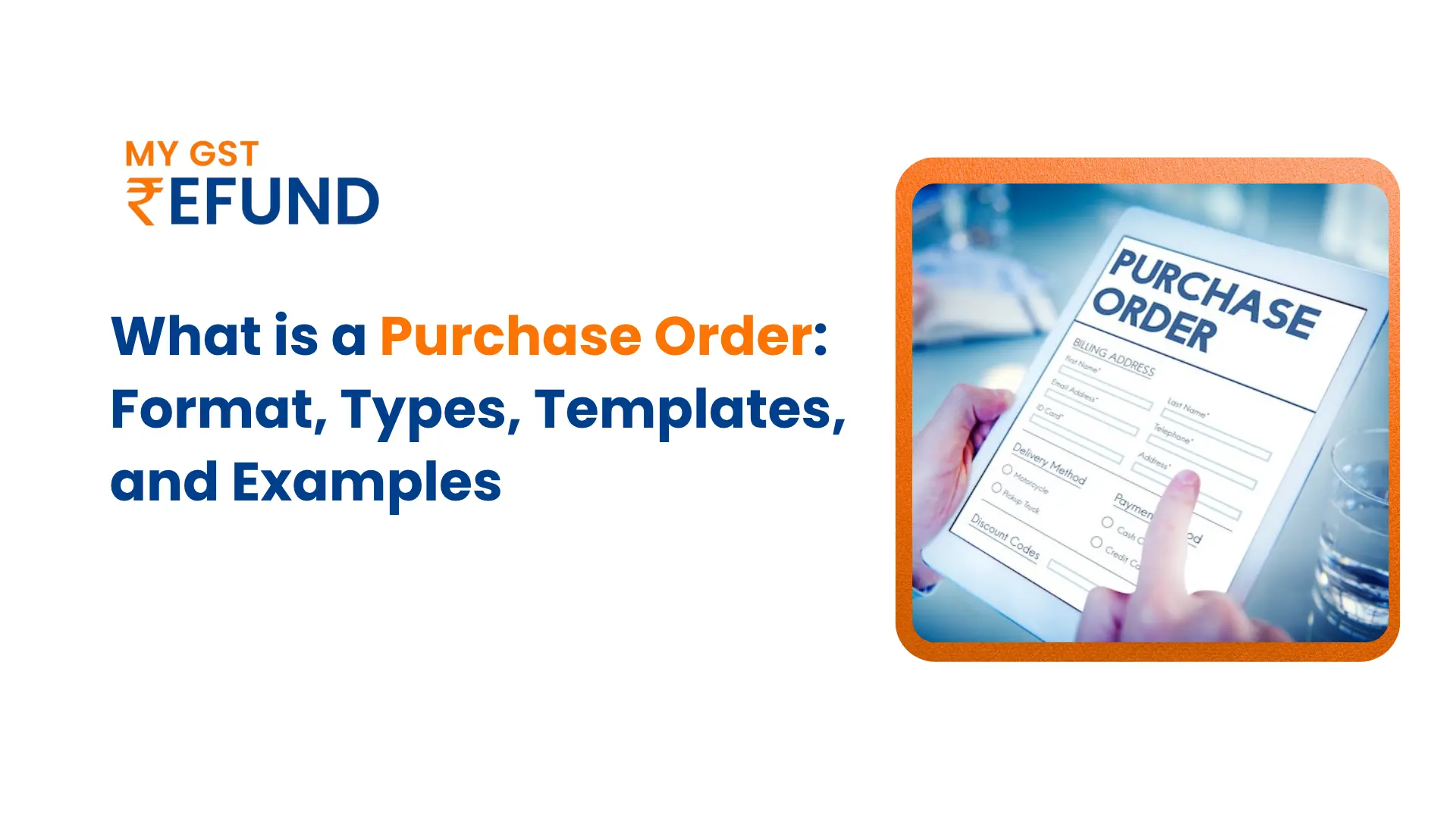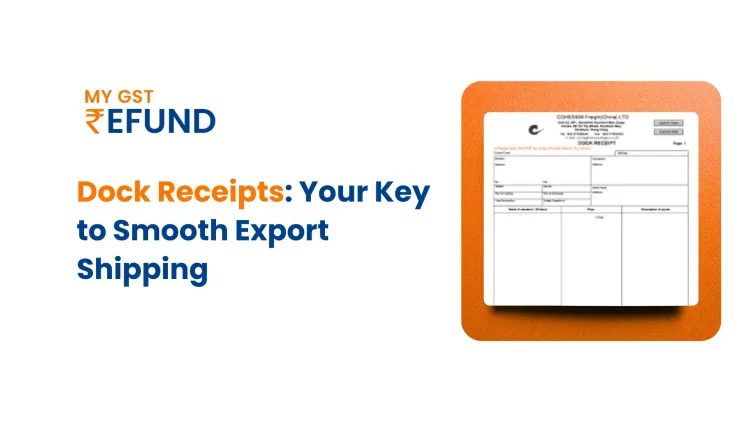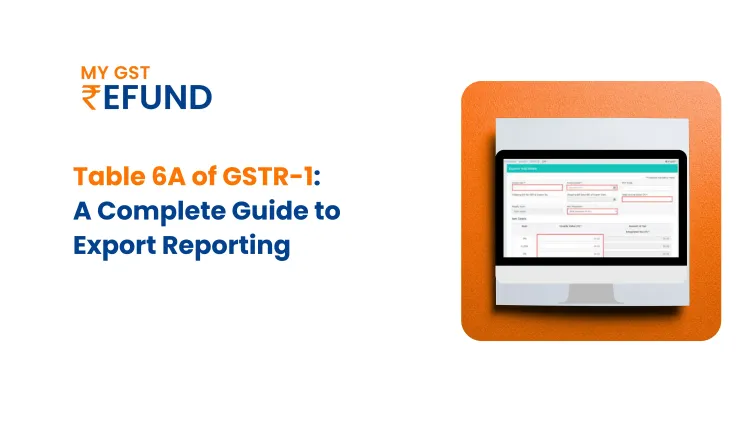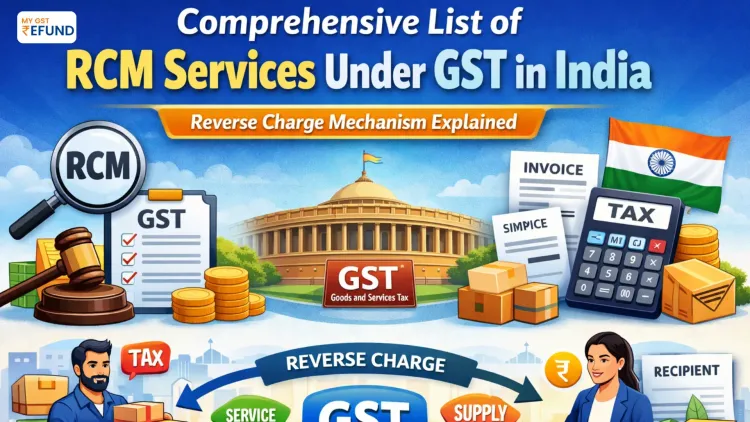What is a Purchase Order: Format, Types, Templates, and Examples
Purchase orders in the business world of making transactions are critical ways of simplifying purchases, ensuring transparency, and financial honesty.
This blog gives a detailed breakdown of everything you need to know about purchase orders- their meaning, their elements, purchase orders with examples, the forms, and purchase orders in a Word template.
What Is a Purchase Order?
A purchase order (PO) is a legally binding document between a buyer and a seller to define the specifications of a product or service that the buyer wishes to acquire. It contains some details such as the quantity, description, price, delivery schedule, and payment terms.
A purchase order is a document that forms an official permission to make a transaction and allows organizations to follow orders, control budgets, and Minimise conflicts with vendors.
The PO turns into a contract once accepted on the side of the seller, and this aspect guarantees that both parties are on the same page.
Types of Purchase Orders
Understanding the types of purchase orders can help businesses choose the right PO format for different procurement needs:
Standard Purchase Order:
Standard Purchase Order is the one that is most frequently used when the purchase is one-time and the terms such as price, quantity, and delivery are well defined.
Blanket Purchase Order:
Blanket Purchase Order is used for repeated purchases over a set period, allowing multiple delivery dates without raising new POs each time.
Planned Purchase Order:
The Planned Purchase Order includes tentative delivery schedules and forecasts for future needs, but doesn't commit to fixed delivery dates initially.
Contract Purchase Order:
A Contract Purchase Order is used when a buyer and seller agree on terms and conditions but not on specific quantities or delivery dates. Future standard POs are then released against this contract.
Once companies learn these types of purchase orders, then they can have better control over procurement and minimise administrative headaches.
Format of a Purchase Order:
The Format of a purchase order can slightly differ in every industry however, the most common purchase order has the following sections:
- PO Number (for tracking and referencing)
- Date of Issue
- Buyer and Vendor Details (Company name, address, GSTIN)
- Description of Goods or Services
- Quantity & Unit Price
- Total Cost
- Delivery Instructions
- Payment Terms
- Authorised Signature or Digital Approval
The benefit of a standardized format of the purchase order is not only consistency, but also it is easier to order and match invoices by your accounts and procurement groups.
Purchase Order Form
A purchase order form is a structured template that helps businesses create POs quickly and consistently. These forms can be physical documents or digital templates used in procurement software, ERPs, or accounting tools.
Most companies turn to editable purchase order forms in Word because they are easier to customize and can be filled in. A ready-made purchase order in Word format can be downloaded and amended according to the branding and requirements of the business.
Purchase Order Example
More or less, let's imagine a fictional situation for a Purchase Order Example. On 18th July 2025, XYZ Pvt. Ltd., which is a technology services establishment in Gurugram (GSTIN: 06AACCT5678L1ZV), dispatched Purchase Order No. PO-2025-1123 to their authorised supplier Digitech Electronics Distributors, domiciled in Nehru Place in New Delhi (GSTIN: 07BBBCD2345M1ZY).
The PO specifies the planning of entry into purchase of 15 Full HD 24-inch LED monitors at 7800 per unit, 15 wireless keyboard and mouse sets at 1850 per unit, and 30 HDMI cables (1.5 meters) at 250 per unit.
The order subtotal is 1,52,250 and an 18 percent GST on the same is 27,405, which makes the total payable 1,79,655. The PO incorporates that the delivery should be by July 25, 2025, at the TechNova Warehouse-2 in Gurugram.
The payment conditions are well spelled out: 50 percent shall be provided in advance through NEFT, and the rest 50 percent within 15 days of delivery. The vendor will be told to make sure that everything has a 1-year warranty, it should come with its original packaging, and a tax invoice should be provided with GST details. Failure to deliver or put in place the product after the specified date is liable to fines or even cancellation of the order.
Purchase Order Template
Looking for a ready-to-use purchase order template?
Here’s what a downloadable template should typically offer:
- Purchase Order Number is a special ID that allows one to keep track of the order at all stages of its life.
- Order Date will indicate the date when an order was made, and tracking will be possible.
- Delivery Date, which shows the delivery date of the ordered goods or services.
- Vendor Information contains basic data about a seller, his or her name, and his or her contact details.
- Ship-to Information, which defines the destination where the items are to be shipped.
- Description of (Goods/Services) to thoroughly describe items/services my client is buying with details.
- Quantity to indicate the number of items or services you are about to order, to avoid confusion.
- The total cost is calculated with the help of the Unit Price, which shows the separate price of each individual item or service.
- The total, Total Price, will present you with a good indication of the cost of your order.
- A Delivery Date field near the Purchase Order and Order Date
- A clearly labeled section for Payment Terms
- Payment Terms: Describe the time and terms of payment that you intend to make, and any late payment penalty that will be imposed.
- Shipping Instructions to include any special handling or shipping procedures, including putting fragile items in bubble wrap.
Additional Terms and Conditions in regard to any other rules or conditions in relation to the order so as to ensure that all parties agree.
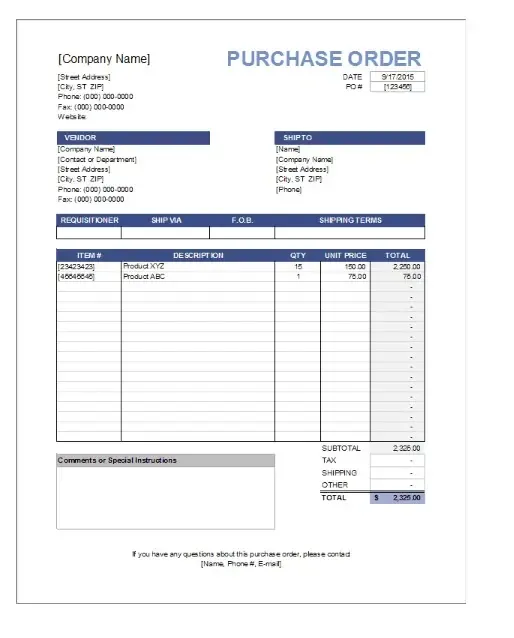
You may prepare your own, or you may get a sample purchase order template for free in Word and Excel format on accounting and ERP websites.
Step-by-Step: How to Create a Purchase Order?
To make a purchase order, it is simple to roll through in this orderly process:
Identify the Need: Determine which goods or services your organization requires.
Select Vendor: Choose a trusted supplier with whom terms have been agreed.
Fill Purchase Order Form: Use a template or PO generator to enter item details, price, tax, and terms.
Get Approval: Internal authorization from a finance or purchasing manager is required.
Send PO to Vendor: Share the PO via email or your procurement system.
Record & Track: Log the PO number for tracking delivery and invoice matching.
Why Use Purchase Orders?
The following are the best reasons why businesses need to make use of purchase orders:
Legal protection: A PO is a contractual document that minimises the risk where a party getting into conflict.
Budget Control: It assists in monitoring expenditures and staying out of over-commitment.
Inventory Planning: Helps in managing stocks by taking records of incoming items.
GST Compliance: This helps provide an easier reconciliation and can be applied when GST Registration or undergoing a GST audit.
Quick GST refunds: Since the documentation trail supports the claims in GST Refund schemes, the documentation trail is maintained.
Conclusion
A purchase order is not merely a document, but a procurement tool that can be used to streamline business operations, win the trust of vendors, and guarantee compliance. Regardless of whether you are downloading a purchase order template, creating a scratch one built into a program such as Word, or using a purchase order form in Word.
Frequently Asked Questions
1. What is a PO billing process?
After the PO is made, the vendor will put out an invoice with a matching PO number. Prior to payment, the buyer cross-checks the invoice with the PO and the receipt of delivery.
2. What does a purchase order look like?
Some of the key information in a standard format includes PO number, buyer information, seller information, item description, quantity of the item, the price, terms of delivery, and payment.
3. What are the numbers of POs types?
They are Standard, Blanket, Planned, and Contract Purchase Orders.
4. How can I find a free PO form in Word?
The free purchase order form in Word can be downloaded from different sites of accounting software or document templates providers, such as Microsoft Office, etc.
5. Is it possible to create a purchase order with the help of Excel?
Indeed, Excel is the commonly preferred program to make customizable purchase order templates. It is flexible, has auto-calculation, and simple printing.
Related Posts




